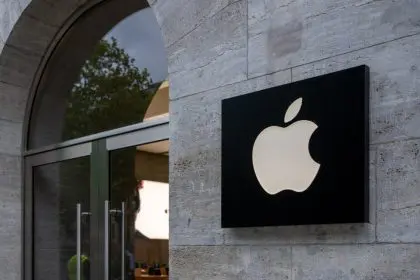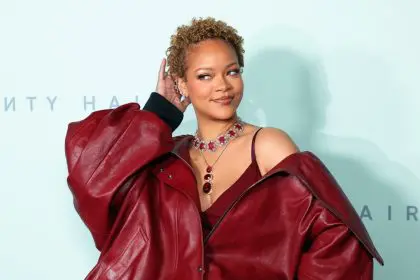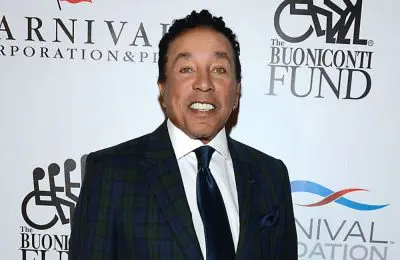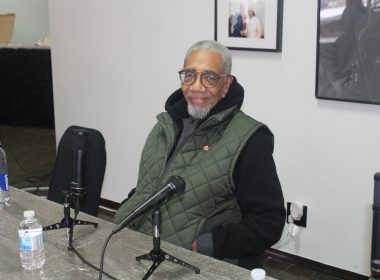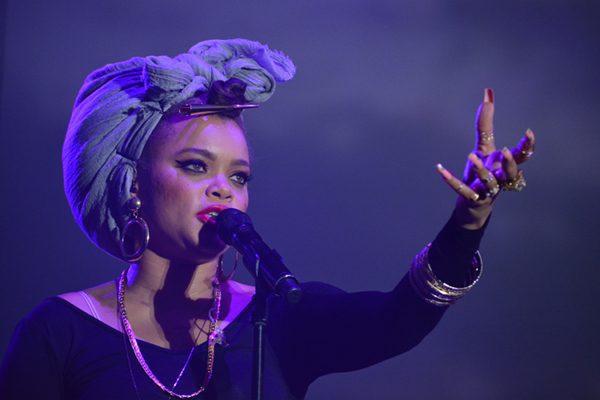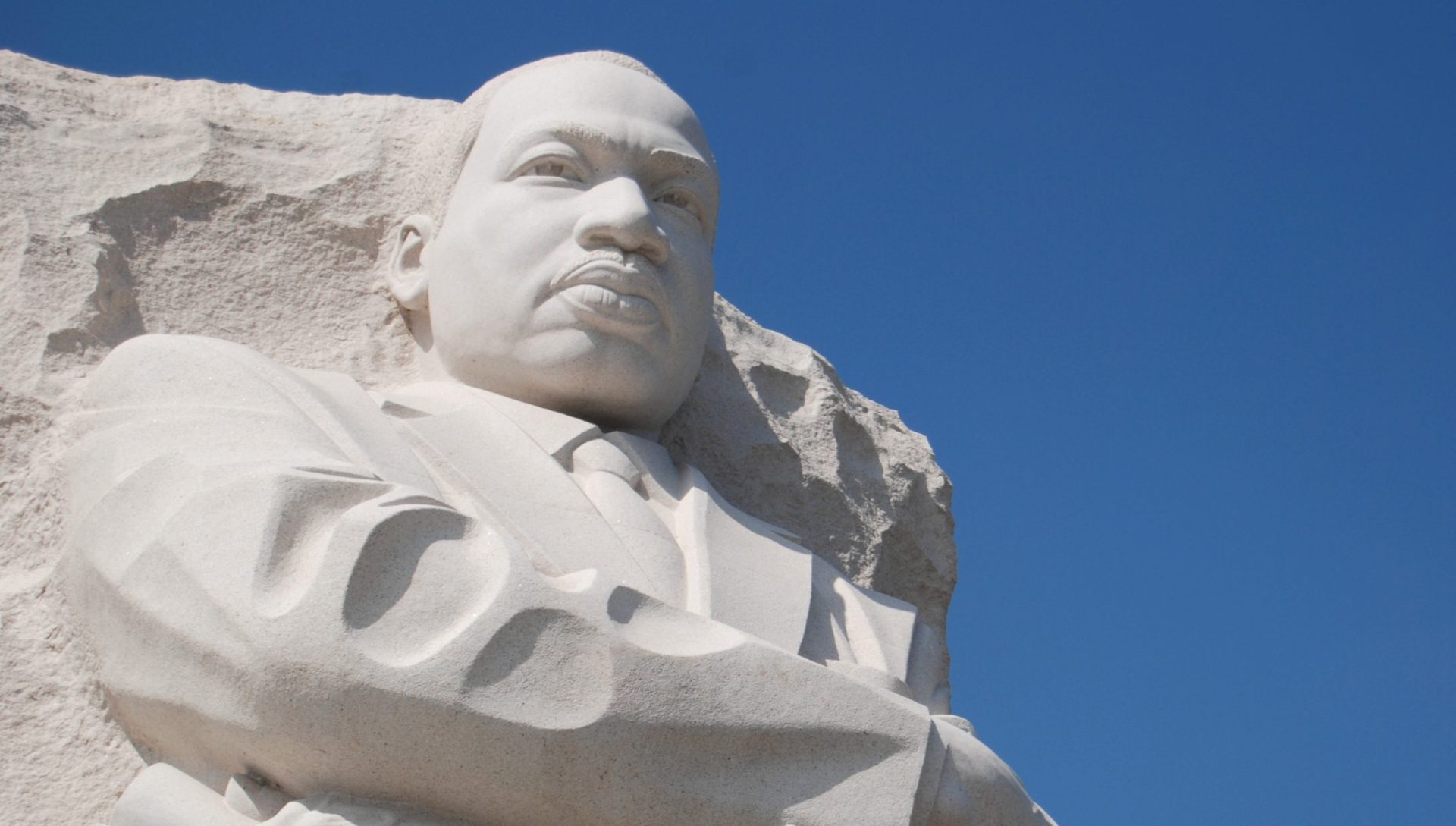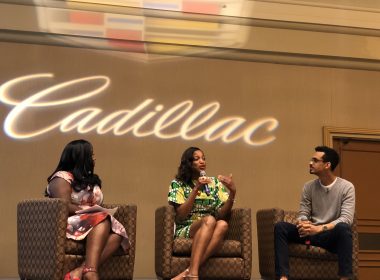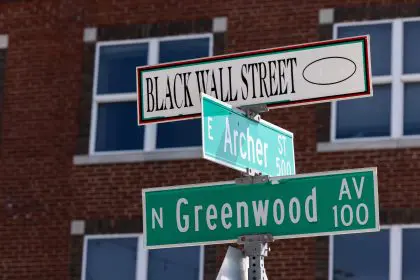
“I was on the board from the very beginning when the Center was really conceptual. The Papers hadn’t even been purchased at that time. It was really Shirley Franklin’s vision and Vernon Jordan’s who was the chair of the Board at the time. I was so blessed because I was among a group of historians primarily on the Civil Rights Movement and the Black experience. We really were talking about what things should look like and what stories should be included, what are the most important stories,” says Kerry Kennedy, president of the Robert F. Kennedy Center for Justice and Human Rights and a former board member of the Center for Civil and Human Rights during a one-on-one interview with rolling out. She enlightens, “There was a big debate about whether it should be Atlanta-based or expand beyond Atlanta, which of course this vision was taken … to do that.”
The author of Speak Truth to Power: Human Rights Defenders Who Are Changing Our World, which features interviews with human rights activists including Marian Wright Edelman, the Dalai Lama, and Archbishop Desmond Tutu, and Being Catholic Now, Kennedy has dedicated more than than 30 years to the pursuit of equal justice, the promotion and protection of basic rights, and the preservation of the rule of law working on a range of issues, including children’s rights, child labor, disappearances, indigenous land rights, judicial independence, freedom of expression, ethnic violence, impunity, and the environment.
The RFK Center was started in 1968 “to carry forward my father’s unfinished work on human rights and on justice, both domestically and internationally. Today we engage with businesses on social responsibility … of the 100 largest economies on earth, 50 percent of them are businesses. We have to engage with business in human rights. We also have an extraordinary litigation program where we sue governments who are violating human rights. For instance, last year we [with our partners in Uganda] overturned the anti-homosexuality bill that made homosexuality punishable by life in prison. We’re doing a lot of work on women’s rights around the world with our litigation unit. We do training with human rights defendants on advocacy with governments. Our human rights education program, SPEAK TRUTH TO POWER … we believe we do all this work and do it well, it’s not going to account for much unless the next generation is fully engaged. We show students how they can make a difference in their communities, classrooms and globally on these issues.”
What was her first tour like at the Center for Civil and Human Rights, which just celebrated its first birthday?
“I was blown away. It is so beautiful, powerful and engaging. I have never seen a space like this. I’ve visited museums all over the place, specifically civil rights museums, but this is just incredibly engaging and accessible to both people who’ve had experience with these issues and to the next generation. It’s really expansive because it isn’t just about what happened 50 years ago but also about the ongoing human rights violations we see in our own country and around the world. The best part is that it really shows people how they can create change.”
During her acceptance speech at the inaugural Power to Inspire Awards event, which was held on the lawn in conjunction with the Center’s first anniversary, Kennedy shared, “I am so honored to receive this award and accept on behalf of my colleagues, people who face imprisonment, torture and death every single day for basic rights which a lot of people could take for granted. …People sometimes ask me why I became interested in human rights, I have three sisters and seven brothers, and I [developed] an appreciation for any rights at a very young age,” with a crowd of more than 550 guests who erupted into laughter.
“My earliest memories are when my father was the attorney general at the height of the Civil Rights Movement. We would go to visit him at the Justice Department and take the tunnel over to the FBI building and watch the sharpshooters at practice. At the time, the head of the FBI was J. Edgar Hoover who was not known for his sense of humor or love of children. He said the three biggest threats to security of the United States, at that time were someone he used to work around, Martin Luther King Jr. and Robert F. Kennedy. The strange part about this story is there was a suggestion box at the FBI building and I wrote a note that they needed to ‘get a new director!'”
Kennedy has served in numerous political campaigns, and she is a member of the Massachusetts and District of Columbia bars. She is a graduate of Brown University and Boston College Law School, and she holds honorary doctorates of law from Le Moyne College and University of San Francisco Law School, and honorary doctorates of Human Letters from Bay Path College and the Albany College of Pharmacy.







